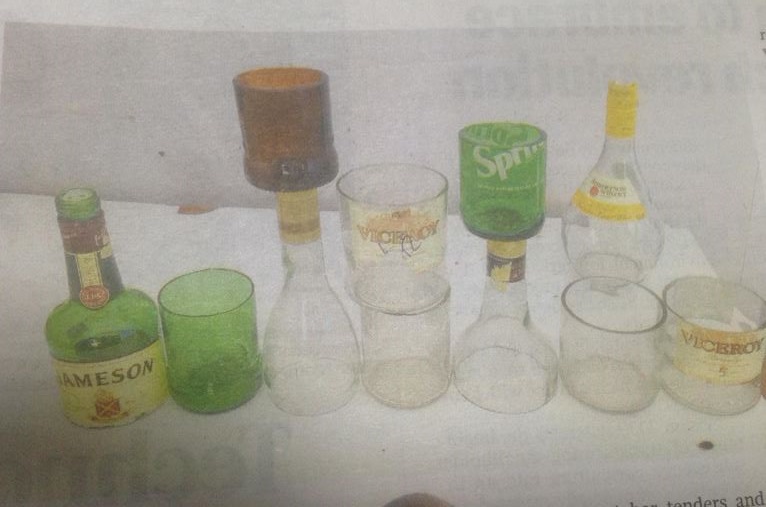×
The Standard e-Paper
Fearless, Trusted News

With the high unemployment levels in Kenya today, the few lucky persons who secure employment cling to the job with all their might especially if it is a white collar that is adored by many who graduate from colleges.
The phobia of losing their highly competitive employments clogs their minds to the extent of blurring them from exploiting their entrepreneurial talents.







